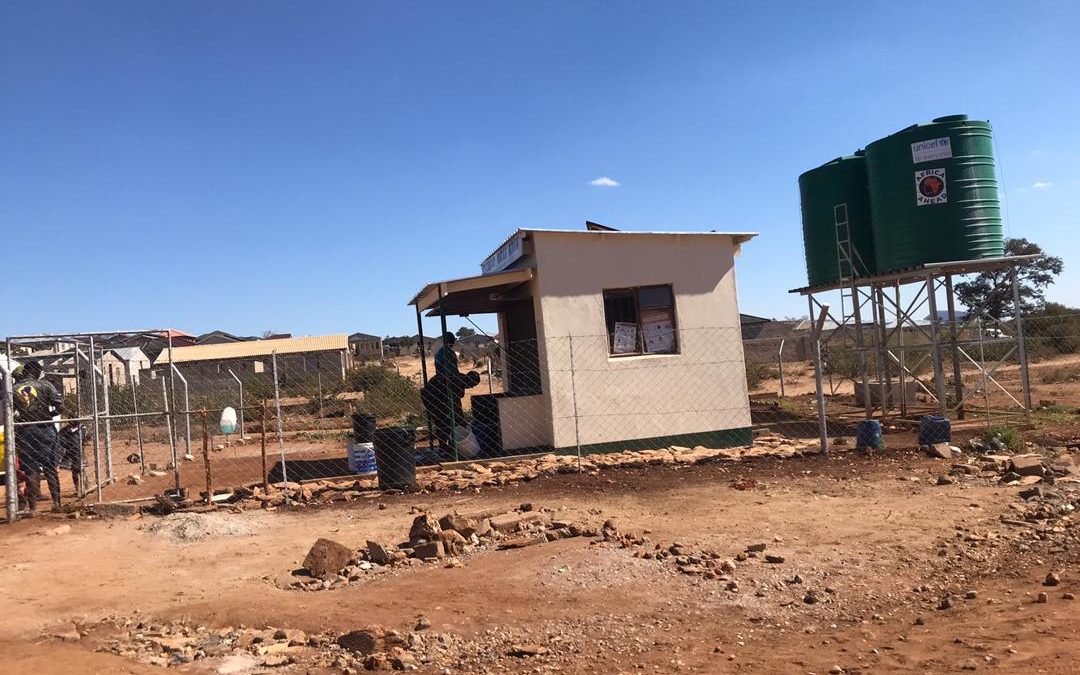The borehole was constructed by the Africa Ahead organisation following their partnership with community health workers under a UNDP program.
Residents are required to pay a fee of $5 bond per bucket of water. This means a family of 10 people who require an average of 15 buckets of water must pay $75 bond per day. This is extremely too much for the already marginalized groups.
The fee paid by residents is not in line with the Human Right to Water and Sanitation (HRWAS) which obliges governments to ensure that people can enjoy clean, available, acceptable, accessible, and affordable water and sanitation. By asking residents to pay such fee to access water from the borehole when they also have an obligation to pay water rates to council, authorities is denying people their human right to water.
The borehole was constructed as a project that would boost health clubs as they had played a critical role in keeping the town clean.It was a revenue generating strategy for health clubs.
The water point was supposed to be in Phakama but was then moved to ward 5 due to the criticalness of access to water in the ward.
The project was under the UNICEF small town urban resilience program, pilot project, to bail out health clubs to keep them going, however, politics came into play.
The council has no legal standing to influence residents in ward 5 from not paying to access water in the borehole. Residents who fail to pay the fee are prevented from accessing water from the borehole. Many of them fail to raise the required fee every day since most of them are informal traders, who are already struggling as a result of the Corona virus and its effects.
Meanwhile, ward 5 is where there is a water reservoir which is yet to be commissioned. When commissioned, the reservoir will relieve residents from these water woes.


Recent Comments